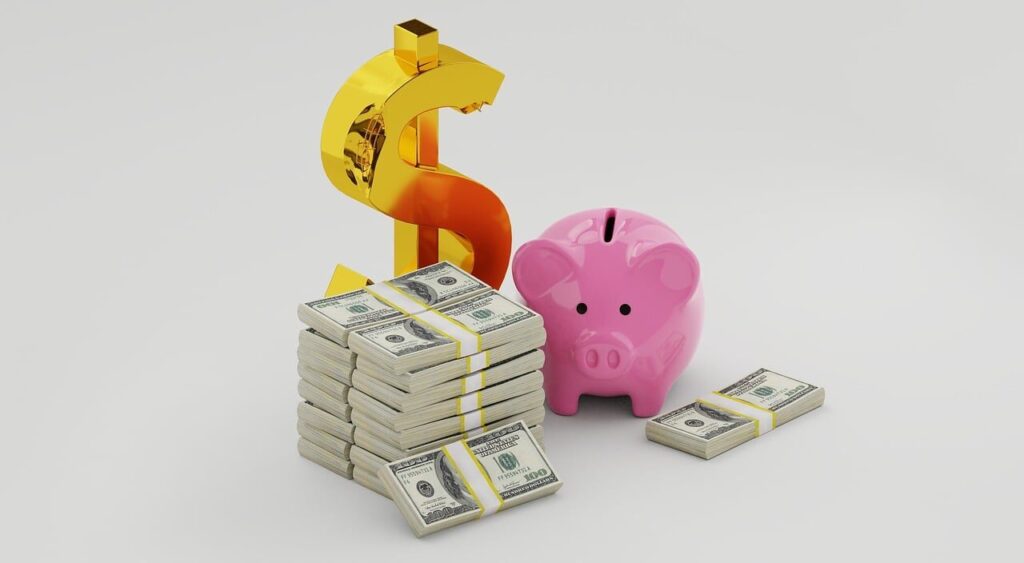In today’s fast-paced world, many middle-class families work tirelessly to maintain a comfortable lifestyle. Yet, despite earning a steady income, financial freedom often remains elusive. This is not necessarily due to a lack of earnings but because certain habits quietly drain wealth. Understanding these patterns is the first step toward breaking free from financial constraints. From daily spending choices to lifestyle pressures, the habits discussed here subtly but significantly keep the middle class trapped in a cycle of limited savings and growing expenses.
1. Overspending on Housing

Many middle-class families feel compelled to live in bigger homes or trendy neighborhoods, believing that comfort equates to success. Mortgages, property taxes, and maintenance costs quickly accumulate, often consuming a substantial portion of monthly income. Overextending on housing reduces the ability to save or invest, leaving families financially strained. While a beautiful home provides emotional satisfaction, the financial burden can trap individuals in a constant cycle of debt repayment, preventing wealth accumulation.
2. Reliance on Credit Cards

Credit cards offer convenience and rewards, but excessive use can become a silent financial trap. Many middle-class earners fall into the habit of spending beyond their means, paying only minimum balances, and accumulating high-interest debt. This reliance on credit inflates monthly expenses and delays the ability to build long-term savings. While credit cards are useful tools when used responsibly, failing to manage them carefully often creates a persistent cycle of debt that erodes financial stability.
3. Frequent Dining Out

Eating at restaurants or ordering takeout has become a normalized luxury, even for those with moderate incomes. While occasional meals are enjoyable, daily or weekly habits lead to high, recurring costs. Over time, these expenses add up to thousands of dollars annually, money that could otherwise be invested or saved. Beyond finances, regular dining out can also impact health, which may generate additional medical costs. Reducing this habit is a simple but effective way to redirect funds toward wealth-building activities.
4. Excessive Technology Upgrades

The middle class often feels pressure to own the latest gadgets, from smartphones to smart TVs. Frequent upgrades, driven by marketing and social expectations, create a cycle of unnecessary spending. Many overlook that old devices often function perfectly well, making upgrades more about status than need. Allocating money toward technological trends rather than investments or emergency funds slows financial growth. Recognizing the difference between wants and essential needs can help break the habit of wasting money on constant upgrades.
5. Dependence on Cars for Convenience

Owning multiple vehicles or financing expensive cars strains middle-class finances considerably. Beyond the purchase price, costs like fuel, insurance, and maintenance accumulate rapidly. Many individuals underestimate the long-term financial impact of car-related expenses, which can consume large portions of disposable income. Public transportation, carpooling, or opting for a single vehicle are effective strategies for reducing this financial burden. This shift allows money to be redirected toward savings or investments, helping families move closer to financial freedom.
6. Impulse Buying and Retail Therapy

The thrill of shopping often masks the reality of its impact on finances. Middle-class earners frequently indulge in impulsive purchases, believing small splurges are harmless. Over time, these unplanned expenses accumulate, diverting money away from savings or retirement accounts. Marketing strategies and the convenience of online shopping amplify the problem. Conscious spending, creating a budget, and delaying purchases are key strategies to counteract impulse buying, helping individuals regain control of their financial future and avoid being trapped in cycles of overspending.
7. Neglecting Investments and Savings

Despite earning a steady income, many middle-class individuals prioritize consumption over wealth-building. Neglecting to invest in stocks, mutual funds, or retirement accounts slows the growth of long-term financial security. Inflation further erodes uninvested savings, making it harder to accumulate wealth. Building a habit of consistent saving and investing, even with small amounts, can create significant financial advantages over time. This proactive approach transforms money from a temporary asset into a tool that generates lasting stability and freedom.
8. Chasing Status Symbols

Keeping up with societal expectations often drives middle-class individuals to spend excessively on branded clothing, luxury vacations, and lifestyle displays. The desire to signal success can overshadow practical financial planning. This pursuit of status often comes at the cost of debt accumulation and delayed wealth creation. Recognizing the difference between meaningful experiences and social comparison can reduce unnecessary expenses. By focusing on financial priorities rather than external validation, individuals can gradually break free from habits that trap them in a cycle of consumption without growth.
Comments